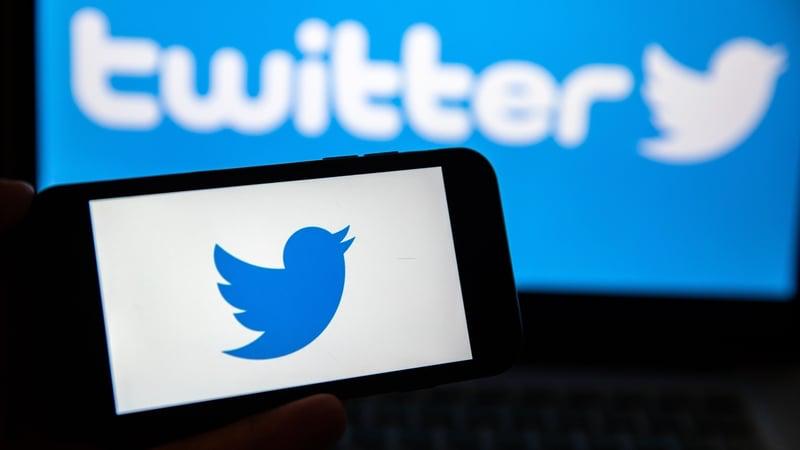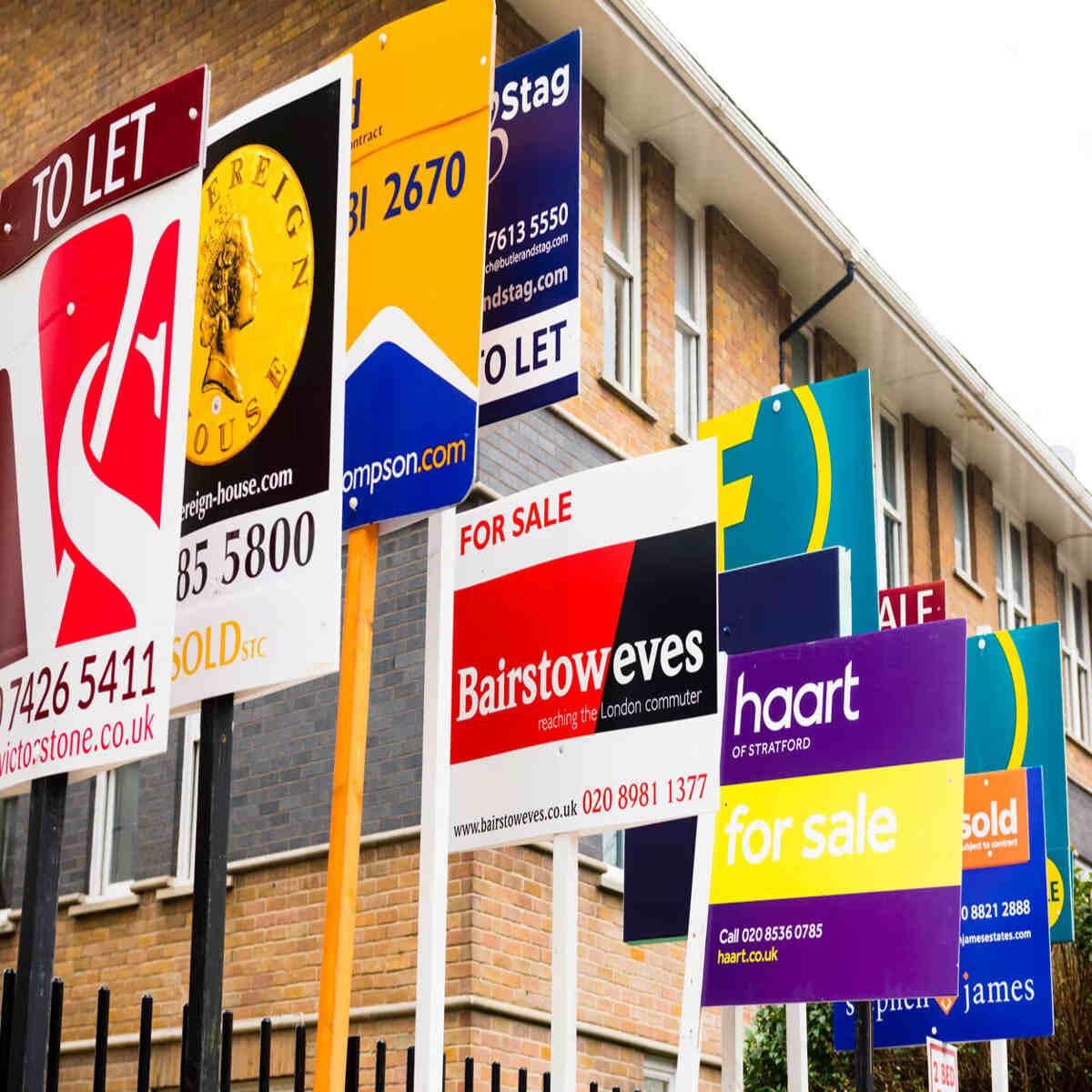
1 minute read
Bola Tinubu Wins Nigeria's Presidential Election
By Yasmine A
Bola Tinubu, 70, was declared the winner of Nigeria’s presidential election after gaining 37% of the vote, which translates to almost 8.8 million votes. Atiku Abubakar stood as his main rival, polling at 29%, followed by Labour’s Peter Obi at 25%.
Advertisement
However, their parties have urged a rerun, with the Labour Party’s presidential campaign spokesperson stating: “We are defiant. The elections were rigged.” They are joined by the south-eastern Anambra state of which Mr Obi was once governor, where many feel bitter towards what they view as a fraudulent election.

When Mr Tinubu was governor, he focused his campaign on rebuilding the country's largest city, Lagos. Despite being beaten in the city by Peter Obi, he still managed to win in most of the other states in the southwest, where many see him as a ‘political godfather’.
Celebrations have taken place in these southwestern states with drummers lining the streets, alongside marches to a live band. In places such as the capital, where people did not support Mr Tinubu, life has reportedly returned to normal. Despite feelings of disappointment in the north-eastern Adamawa state following Mr Abubakar’s loss, there has been a general consensus that it is time for him to move on.
Mr Tinubu ran for president under the motto “Emi lo kan,” which translates to “It’s my turn” in Yoruba. In making his acceptance speech, Mr Tinubu said "I take this opportunity to appeal to my fellow contestants to let us team up together. It is the only nation we have. It is one country, and we must build it together."
Mr Obi made clear that Labour’s lawyers were in the process of putting documents together in order to contest Mr Tinubu’s win. Official figures record voter turnout at 27%, the lowest seen since 1999 when military control ended.
Mr Tinubu’s 8.8 million ballots accounted for less than 10% of the 93 million Nigerians who registered to vote in the election. This may have been due to issues with the voting system that day because voting did not take place due to a late start. Southern states such as Lagos and Delta also saw cases of voter intimidation and ballotbox snatching.
Mr Tinubu will now focus on uniting a nation that is fragmented due to regional and religious reasons. While he received 25% of the vote in two-thirds of Nigeria's 36 states, the nature of his victory suggests there is a lack of a genuinely national party.
Mr Tinubu must now resolve issues such as economic decline and instability around the country following Islamic conflict, as well as the national crisis of abduction for ransom and assaults in the southeast.










